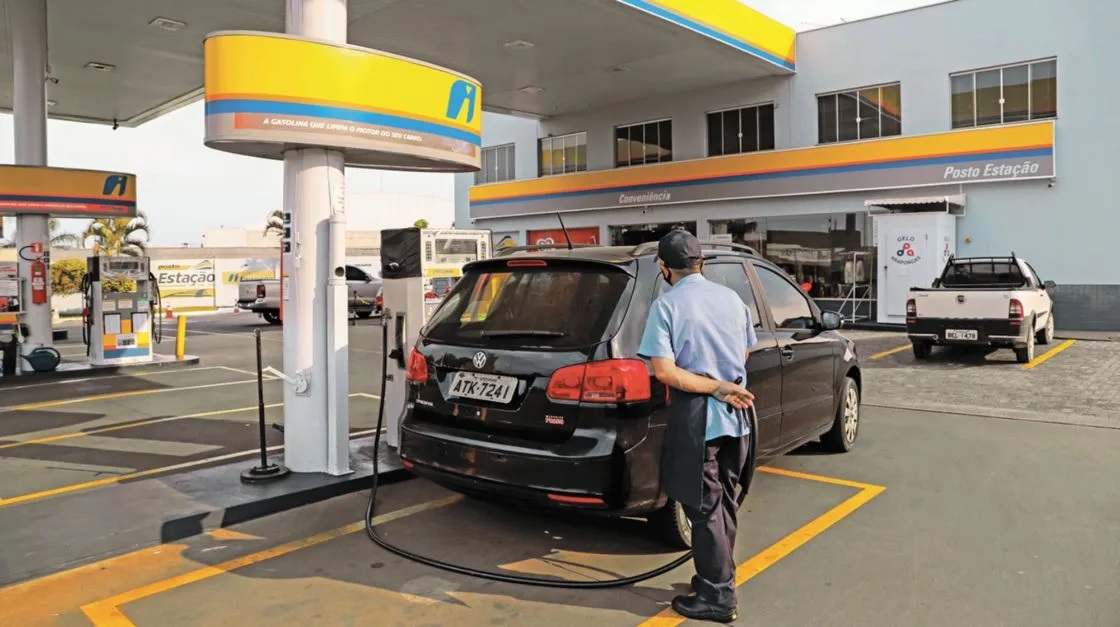RIO DE JANEIRO, BRAZIL – Brazilian President Jair Bolsonaro issued a decree requiring gas stations to inform consumers “in a correct, clear, precise, ostensive and legible way” of the fuel prices before and after the law imposing a 17% ceiling on the Tax on Circulation of Goods and Services (ICMS – Brazilian VAT).
This way, according to the Presidential Palace, consumers can compare the values with the prices charged at the time of purchase. The decree goes into effect this Thursday, July 7. The decree was published in the Official Federal Gazette (DOU) on July 7.
According to the Ministry of Mines and Energy, the inspection actions will be the responsibility of the National Petroleum, Natural Gas, and Biofuels Agency (ANP) and consumer protection agencies. The decree does not provide punishments for gas stations that do not display different values.

In June, Congress approved a bill that forces states to have a rate lower than 18% for inputs considered essential in an attempt by the federal government to reduce fuel prices.
Earlier this month, Federal Supreme Court (STF) Justice André Mendonça determined last week that the ICMS rates charged on all fuels must be fixed in all states. The issue may generate ‘tax chaos’ because it still depends on other decisions and agreements between the states and the Union.
In the wake of the law’s sanction and Mendonça’s determination, 22 states and the Federal District reduced the ICMS tax rate on fuels. The reductions were made while the states were still waiting for a definition of the judicial imbroglio on the issue.
The entities went to the Federal Supreme Court (STF) to question the law approved in Congress on reducing the rate.
With information from Exame

